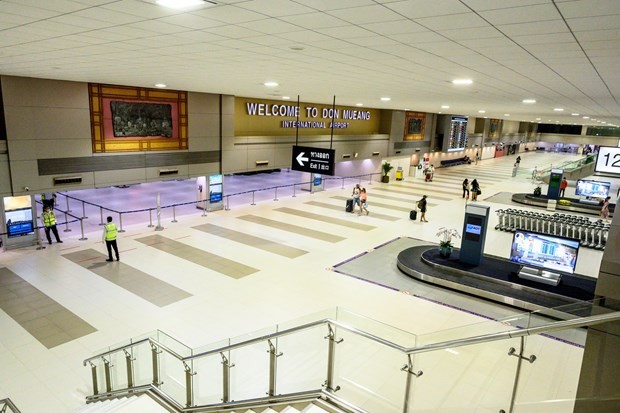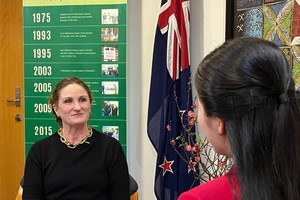
Vichit Prakobgosol, President of the Association of Thai Travel Agents (Atta), said at least 11 troubled sectors still cannot access the government's aid measures for businesses affected by the coronavirus outbreak.
Tourism workers need financial aid from the Social Security Fund (SSF), as well as hotel workers who automatically receive compensation from the fund when following provincial orders to close hotels temporarily to curb the infection, Vichit said.
Apart from 15,000 inbound, outbound and domestic tour operators that have more than 300,000 employees, other sectors that should be included in the scheme are land-sea-air transport, restaurants, souvenir shops, recreation, MICE (meetings, incentives, conferences, exhibitions), and domestic and international tourism relations.
The SSF should support tourism workers by giving back 62 percent of their salary when employers shut down business by themselves without an official order,” he said.
At present, tour guides already received financial support —THB 5,000 monthly handouts — to relieve the mounting financial pressure from paralysed tourism.
The Tourism and Sports Ministry assured hoteliers that they would be included in the benefit, even hotels that decided to close of their own accord.
Other tourism sectors still need financial assistance to help them stay afloat, Vichit said.
According to an Atta survey, tour operators have sufficient cash flow to survive for just two months. If they have to bear labour costs without help from available sources, some may collapse by that time.
The country’s tourism industry was the first segment hit by the outbreak at the end of January. The situation was worse in March when the government imposed measures restricting international and domestic connections to contain the virus spread.
Data released by the Tourism and Sports Ministry shows that Thailand’s tourism revenue fell nearly 40 perccent year-on-year in the first quarter of 2020 to THB335 billion (US$10.25 billion). The number of foreign visitors to Thailand in the period was 6.7 million, down 38 percent from the same period last year.
























